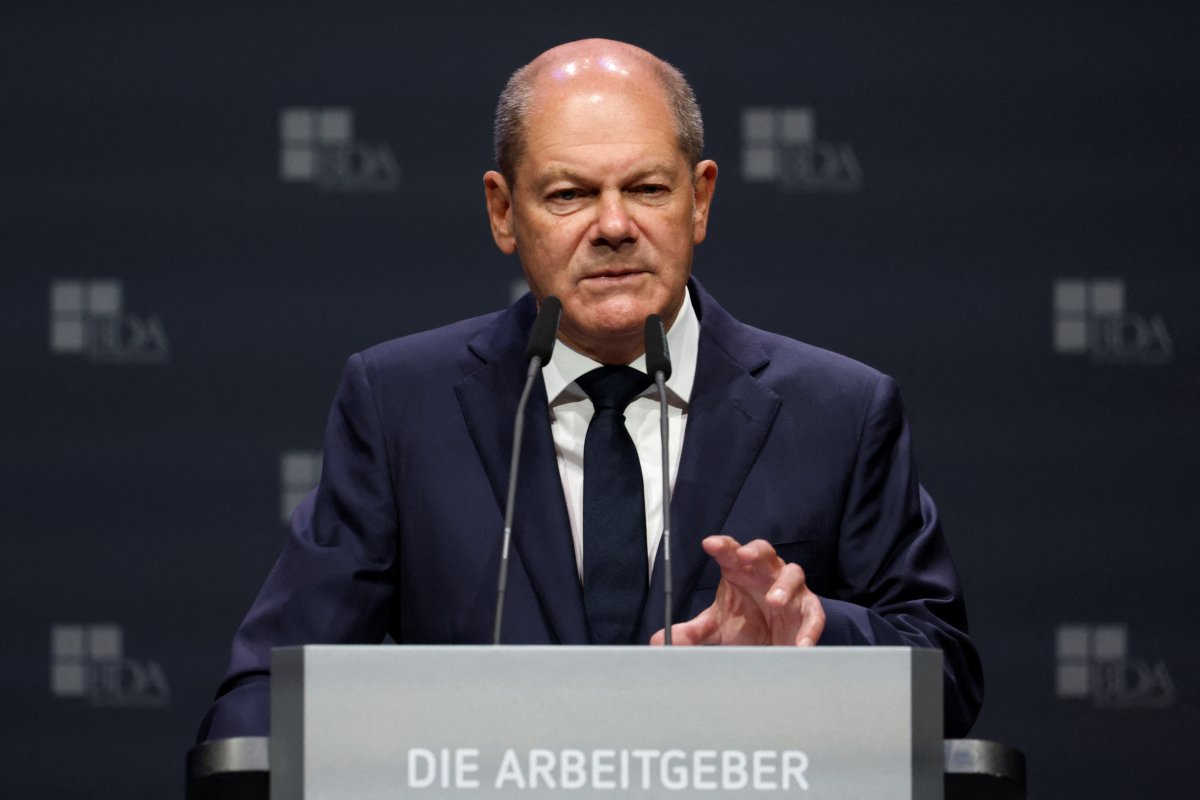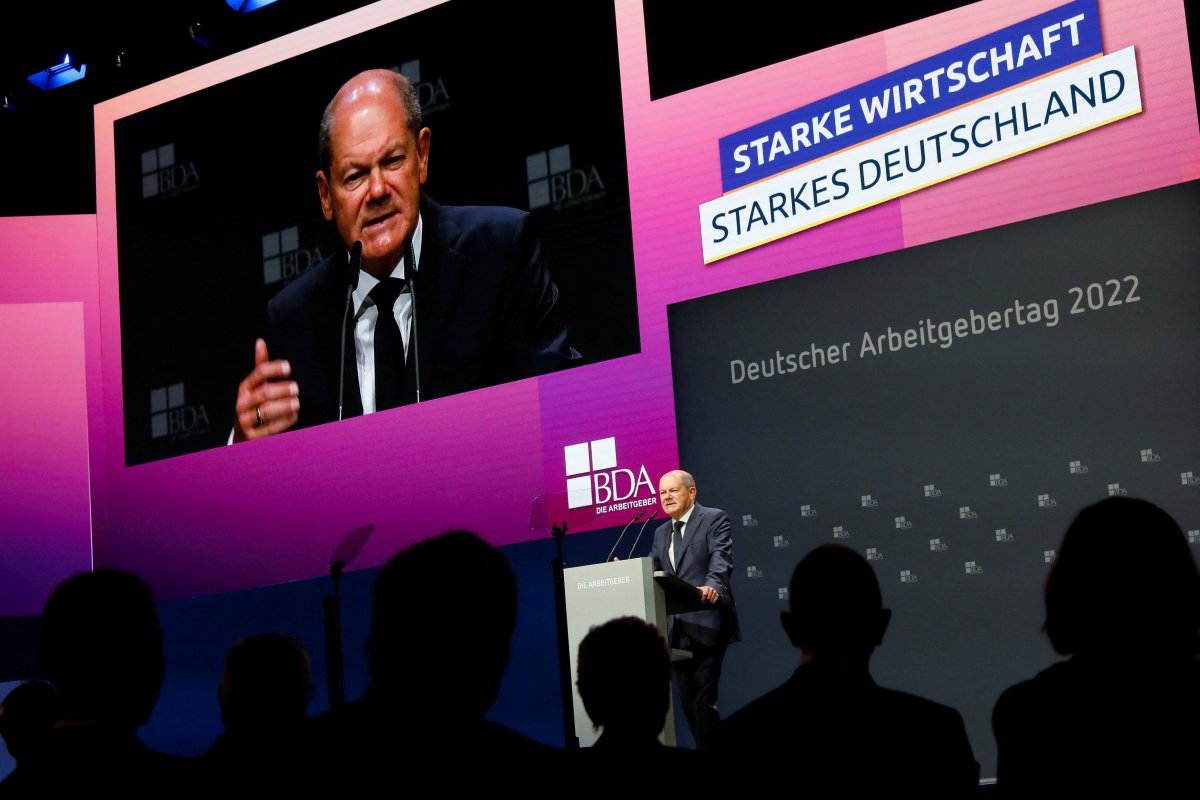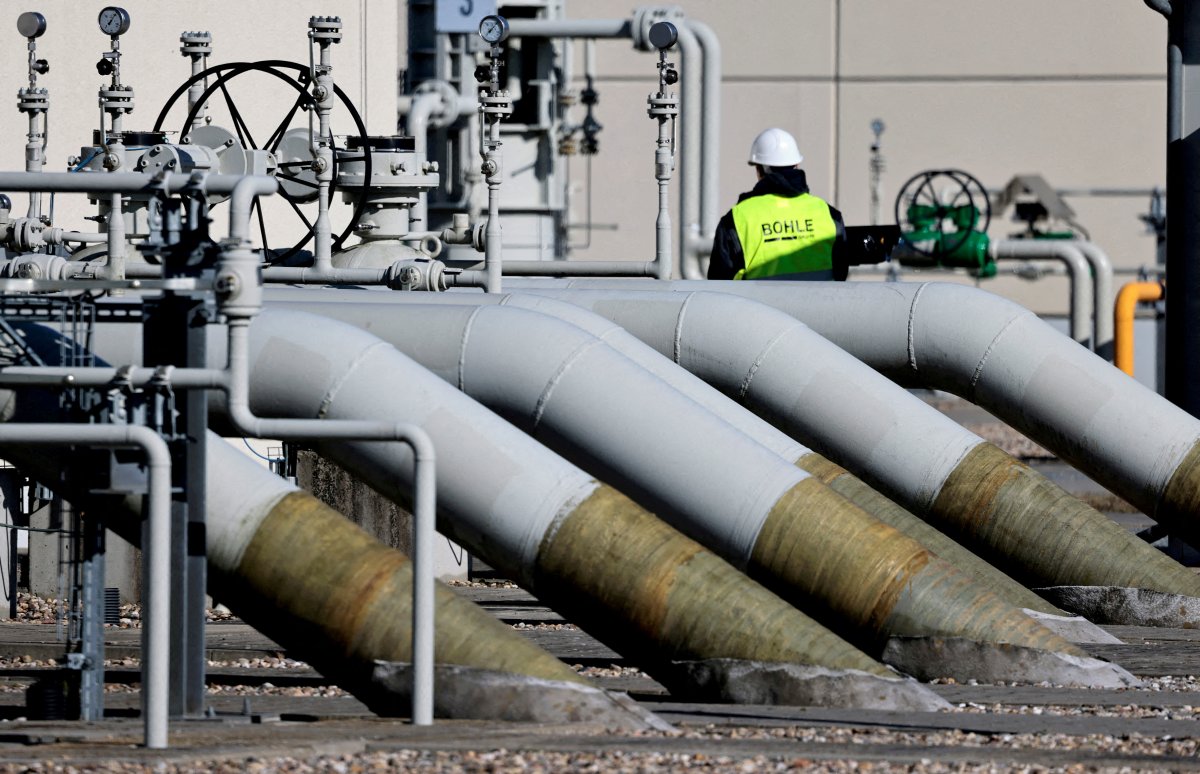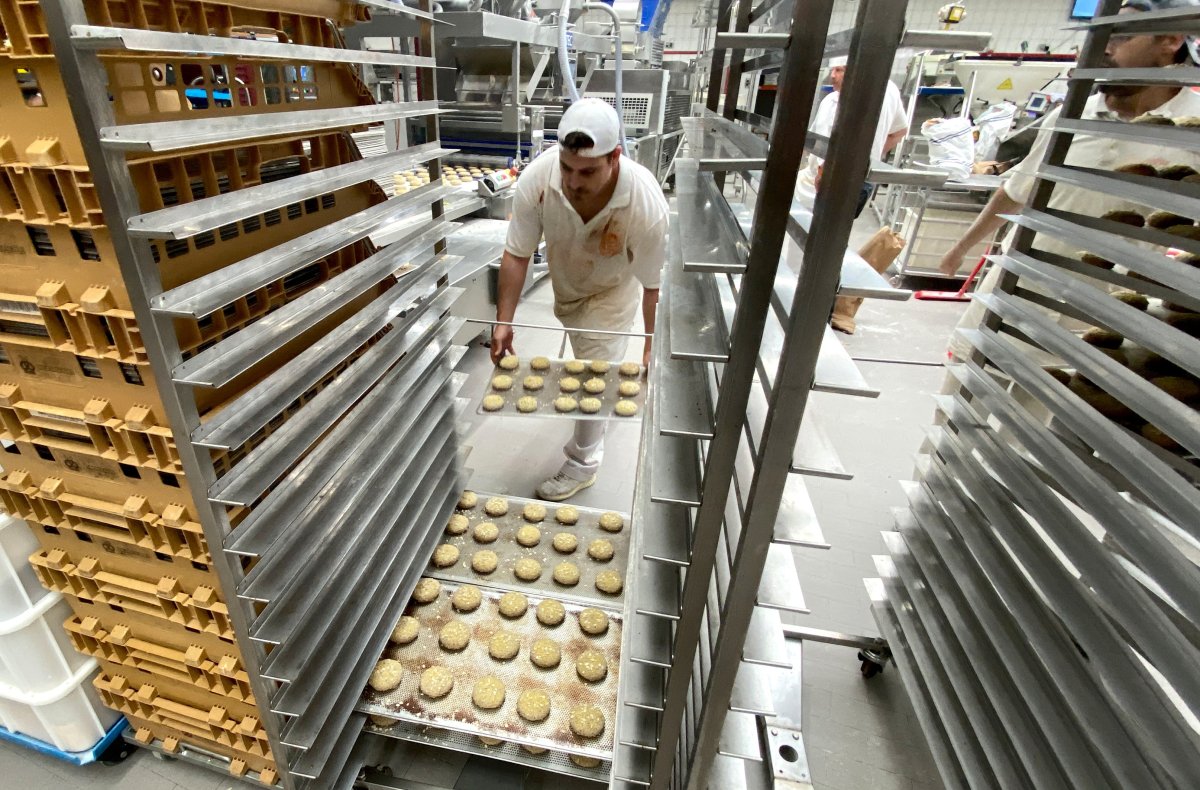The difficulties that may be experienced with the winter season continue to occupy the agenda of Europe’s largest economy. Scholz emphasized that negativities should be tolerated.
German Chancellor Olaf Scholz gave important messages to the people of his country regarding the coming winter season.
Speaking at the program of the German Employers’ Federation, Chancellor Scholz painted a bad picture.
Scholz asked his citizens to prepare for a tough winter in the energy crisis.
Scholz: endure the hardships
The German Chancellor called for the public to bear with the difficulties that will arise in the way of getting rid of dependence on Russia in energy supply.
Stating that despite the energy crisis, the electricity supply in Germany was secured, Scholz said that they made it possible for the two nuclear power plants in the south of the country to continue to operate in winter, and said:
“There will be no bottleneck in electricity”
“So there will be no bottlenecks in the German electricity market.”
Stating that his country will have the necessary infrastructure to import all the gas it needs by the end of 2023, Scholz stated that LNG terminals have been built on the northern German coast for this purpose.
“I believe we will make it through this winter”
German Chancellor Olaf Scholz stated that the occupancy rate of gas storage facilities in the country has reached 85% and that the German government will take more measures to bring down gas prices. “I believe we will make it through this winter with the preparations we have made.” he said.
“Future gas hydrogen”
Stating that they want to make a big breakthrough in the hydrogen industry with the aim of diversifying Germany’s energy sources and being independent from Russian gas, Scholz described hydrogen as the “gas of the future”.

‘We can avoid recession’
In his speech at the same event, German Minister of Economy and Climate Protection, Robert Habeck, defended the decision of the German government to keep 2 nuclear power plants in reserve to alleviate the energy crisis after criticism from employers, “When I became Minister, I swore to myself that I would make appropriate and right decisions, not popular ones.” used the phrase.
Referring to high energy prices, which are a burden on companies and consumers, Habeck stated that the German economy faces the threat of recession next year.
Robert Habeck “If we lower energy prices and strengthen consumer demand, we can avoid a recession.” he said.

Accusation of German government jeopardizing energy supply
Rainer Dulger, President of the Employers’ Association in Germany, stated that German companies are concerned about a serious recession and argued that the German government implemented unsuccessful social policies.
Referring to the negative impact of the Russia-Ukraine war and supply straits on the economy, Dulger accused the federal government of jeopardizing energy supply with its nuclear power plan.
The German government has decided that 2 of the 3 remaining nuclear power plants in the country (Isar 2 in Bavaria and Neckarwestheim 2 in Baden-Württemberg) will be kept on standby as emergency reserves until mid-April 2023 in case they need to fill a gap in electricity generation this winter.

Spiral energy crisis in Europe’s largest economy
Germany, which has the largest economy in Europe, is facing a spiraling energy crisis triggered by Moscow’s decision to stop gas flow through the Nord Stream 1 gas pipeline.
As concerns over the Russia-Ukraine war continue to weigh on energy supplies, the German government is scrambling to keep the wheels of industry turning, the lights on and homes warm this winter.
Increasing pressure on households and companies
While the increase in energy costs in the country fuels inflation upwards, it also increases the pressure on households and companies.
Expensive energy and food drove inflation in Germany back to a nearly 50-year high in August.
Annual inflation, which was 7.5 percent in July, rose again to 7.9 percent two months later in August, returning to the highest rate since the winter of 1973-1974, when the first oil crisis occurred.

One of the countries most adversely affected by the sanctions
As a result of the gas crisis between Russia and European countries, Germany, which is one of the countries most adversely affected by the sanctions decisions taken against each other, is taking various measures to overcome the energy crisis.
For this, a cooperation agreement for green hydrogen investment and supply was signed between Canada and Germany on August 24.
While the agreement envisioned the start of green hydrogen exports from Canada to Germany in 2025, cooperation for further research on the use of green hydrogen, the construction of the necessary infrastructure at the ports and the German government’s support for hydrogen importers were also among the terms of the agreement.

Germany’s hydrogen strategy
Germany, which has a detailed hydrogen energy production strategy, carries out various studies within the country and internationally for its implementation.
The German government prioritizes green hydrogen because of the view that it is sustainable to produce hydrogen, which can be obtained from a variety of ways and sources, only through renewable processes.
The country, which intensifies its hydrogen research, also aims to be the leader and exporter of green hydrogen technologies.
Countries that want cooperation in hydrogen production
Ireland, Saudi Arabia, Oman, Chile, Namibia and Australia stand out as other countries with which Germany wants to cooperate in hydrogen production.
On the other hand, upon the invitation of Scholz, high-level representatives of employers and trade unions are expected to meet again on Thursday to discuss anti-inflation measures.
